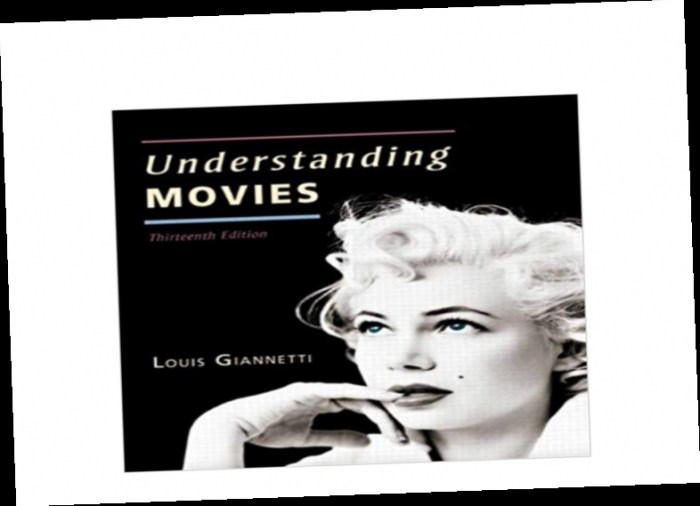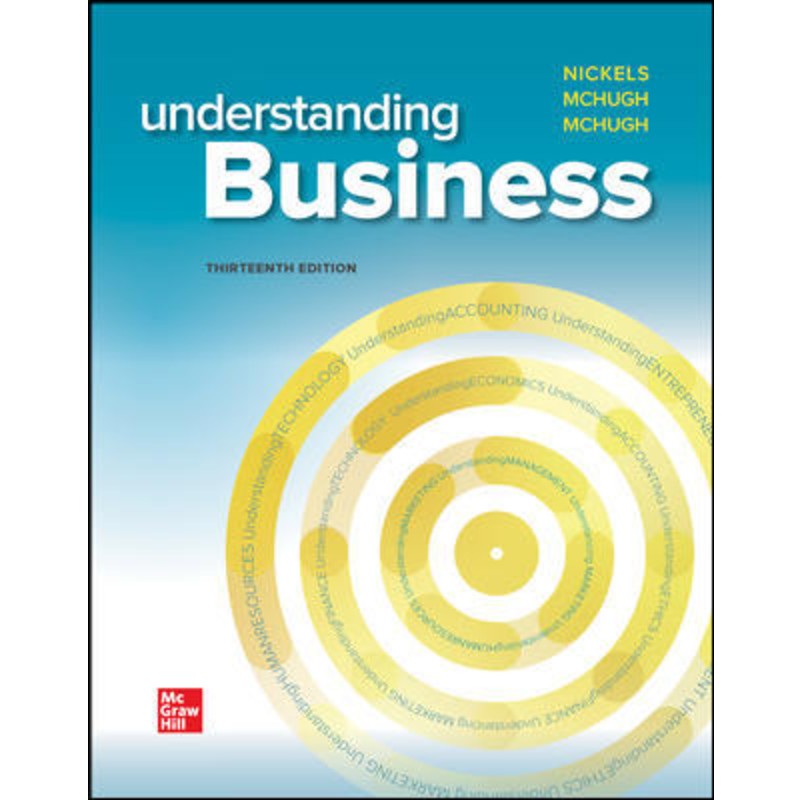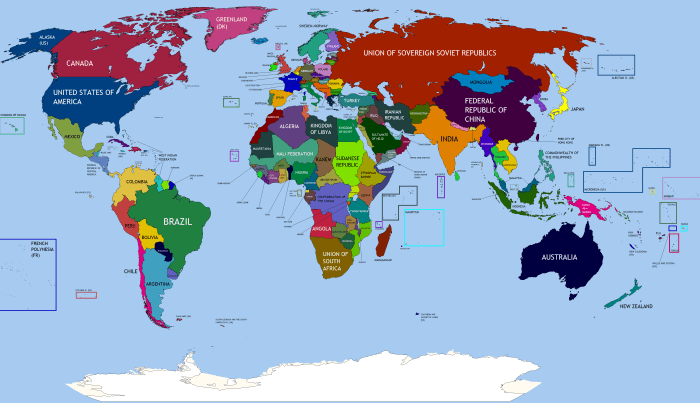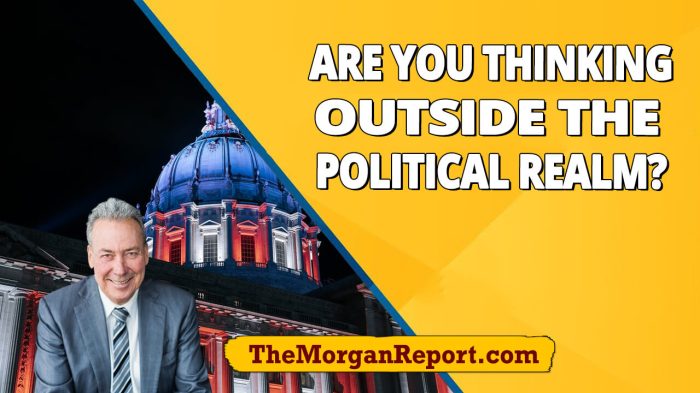Understanding the political world 13th edition – Understanding the Political World: A Comprehensive Guide to the 13th Edition embarks on an enthralling journey into the complexities of the political landscape. This authoritative text provides a comprehensive overview of the discipline, delving into the fundamental concepts, theories, and institutions that shape political dynamics.
With a focus on clarity and accessibility, this guide empowers readers to navigate the intricacies of the political world and gain a deeper understanding of its impact on our lives.
This 13th edition has been meticulously updated to reflect the evolving political landscape, incorporating the latest research and insights. It offers a fresh perspective on contemporary political issues, equipping readers with the tools to analyze and interpret the ever-changing world around them.
Understanding the Political World 13th Edition

The 13th edition of Understanding the Political World provides a comprehensive overview of the field of political science. The book covers a wide range of topics, from the key concepts and theories of political science to the different types of political institutions and processes that exist.
The book’s approach is comparative, examining political systems from around the world in order to identify the similarities and differences between them.
The book is divided into seven parts. Part I introduces the basic concepts of political science, such as power, authority, and legitimacy. Part II examines the different types of political institutions that exist, such as governments, legislatures, and courts. Part III discusses the different political processes that occur in the political world, such as elections, interest group activity, and political parties.
Part IV examines the different political ideologies that exist, such as liberalism, conservatism, and socialism. Part V examines the different methods and approaches used in comparative politics. Part VI examines the key concepts and theories used in international relations. Part VII concludes the book with a discussion of the challenges and opportunities facing the field of political science in the 21st century.
Key Concepts in Political Science

Political science uses a variety of key concepts to understand political phenomena. These concepts include power, authority, legitimacy, sovereignty, and the state. Power is the ability to get others to do what you want them to do, even if they do not want to do it.
Authority is the right to exercise power. Legitimacy is the belief that a government or other political institution has the right to rule. Sovereignty is the supreme authority of a state over its territory and people. The state is a political organization that has a monopoly on the legitimate use of force within a given territory.
These concepts are essential for understanding how political systems work. Power is the driving force behind all political activity. Authority is what gives governments the right to make and enforce laws. Legitimacy is what makes people willing to obey the laws.
Sovereignty is what protects states from external interference. The state is the organization that provides the basic framework for political life.
Political Institutions

Political institutions are the organizations that make and enforce laws and policies. These institutions include governments, legislatures, courts, and political parties. Governments are the executive branch of the state. They are responsible for making and enforcing laws. Legislatures are the lawmaking branch of the state.
They are responsible for passing laws and approving budgets. Courts are the judicial branch of the state. They are responsible for interpreting laws and resolving disputes.
Political parties are organizations that seek to influence government policy. They do this by nominating candidates for office and supporting their campaigns. Political parties play a major role in the political process. They help to organize and mobilize voters. They also provide a platform for political debate.
Political Processes
Political processes are the ways in which political decisions are made. These processes include elections, interest group activity, and political parties. Elections are the process by which people choose their leaders. Interest groups are organizations that represent the interests of particular groups of people.
Political parties are organizations that seek to influence government policy.
These processes are essential for the functioning of a democracy. Elections allow people to choose their leaders. Interest groups allow people to voice their concerns to the government. Political parties help to organize and mobilize voters.
Political Ideologies
Political ideologies are sets of beliefs about the role of government and the best way to organize society. These ideologies include liberalism, conservatism, and socialism. Liberalism is the belief that government should play a limited role in society. Conservatism is the belief that government should play a strong role in society.
Socialism is the belief that the government should own and control the means of production.
These ideologies have a major impact on the political process. Liberals tend to support policies that promote individual freedom and equality. Conservatives tend to support policies that promote social order and stability. Socialists tend to support policies that promote economic equality.
Comparative Politics
Comparative politics is the study of different political systems. This field of study seeks to identify the similarities and differences between political systems and to explain why these systems vary. Comparative politics uses a variety of methods to study political systems.
These methods include case studies, statistical analysis, and comparative historical analysis.
Comparative politics is a valuable field of study because it allows us to understand the different ways in which political systems can be organized. This knowledge can help us to make better decisions about how to design and reform our own political systems.
International Relations
International relations is the study of the interactions between states. This field of study seeks to understand the causes of war and peace, the role of international organizations, and the impact of globalization on the international system. International relations uses a variety of methods to study the interactions between states.
These methods include case studies, statistical analysis, and game theory.
International relations is a valuable field of study because it allows us to understand the complex interactions between states. This knowledge can help us to make better decisions about how to promote peace and security in the world.
Question Bank
What are the key themes explored in the 13th edition of Understanding the Political World?
The 13th edition delves into a wide range of key themes, including the evolution of political thought, the changing nature of political institutions, the impact of globalization on politics, and the challenges and opportunities presented by new technologies.
How does the book approach the analysis of the political world?
The book employs a multidisciplinary approach, drawing on insights from political science, history, economics, and sociology to provide a comprehensive understanding of political phenomena.
What are the benefits of using Understanding the Political World as a guide to the political world?
This guide offers several benefits, including its comprehensive coverage, engaging narrative, up-to-date content, and accessibility to readers of all levels.
